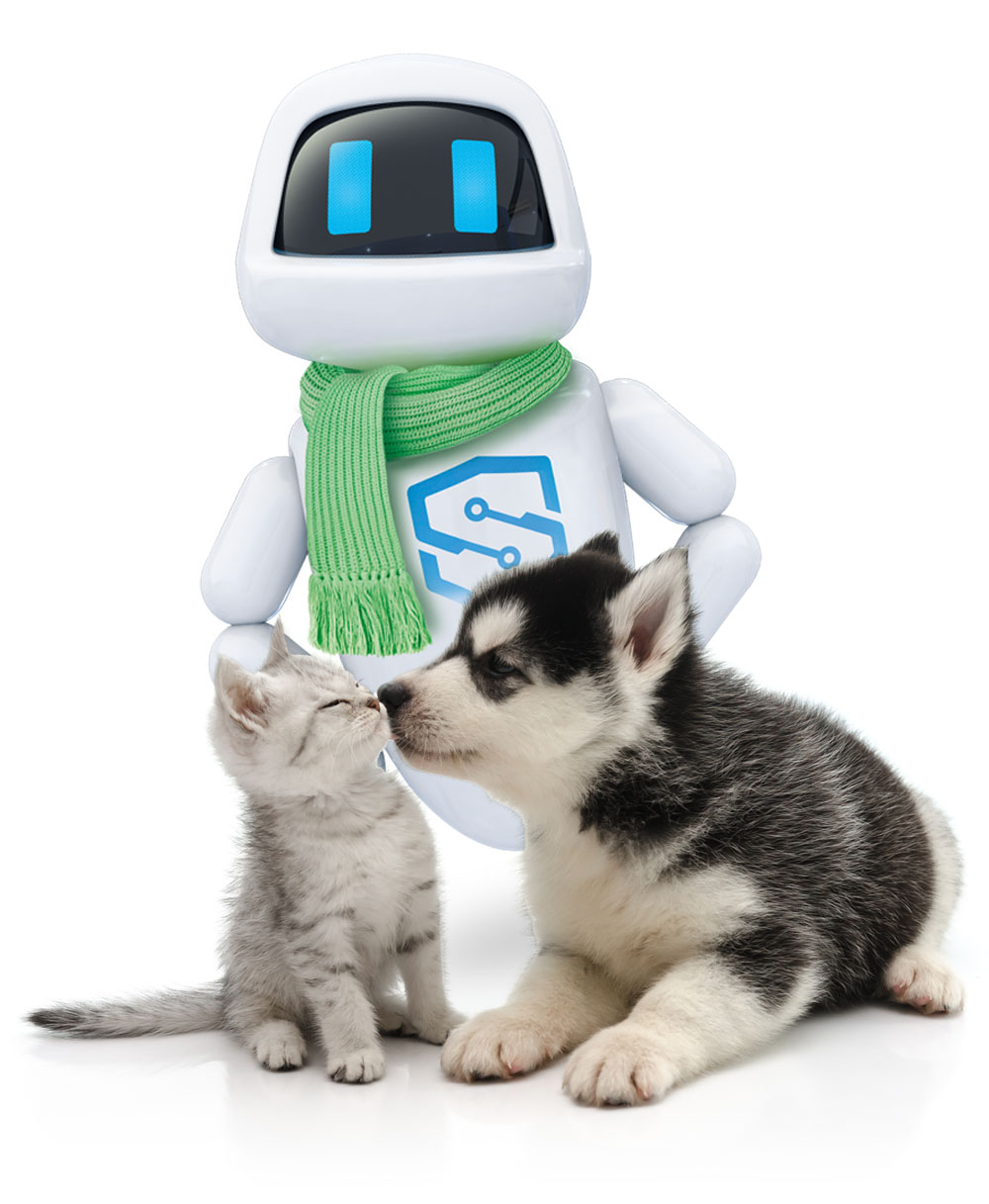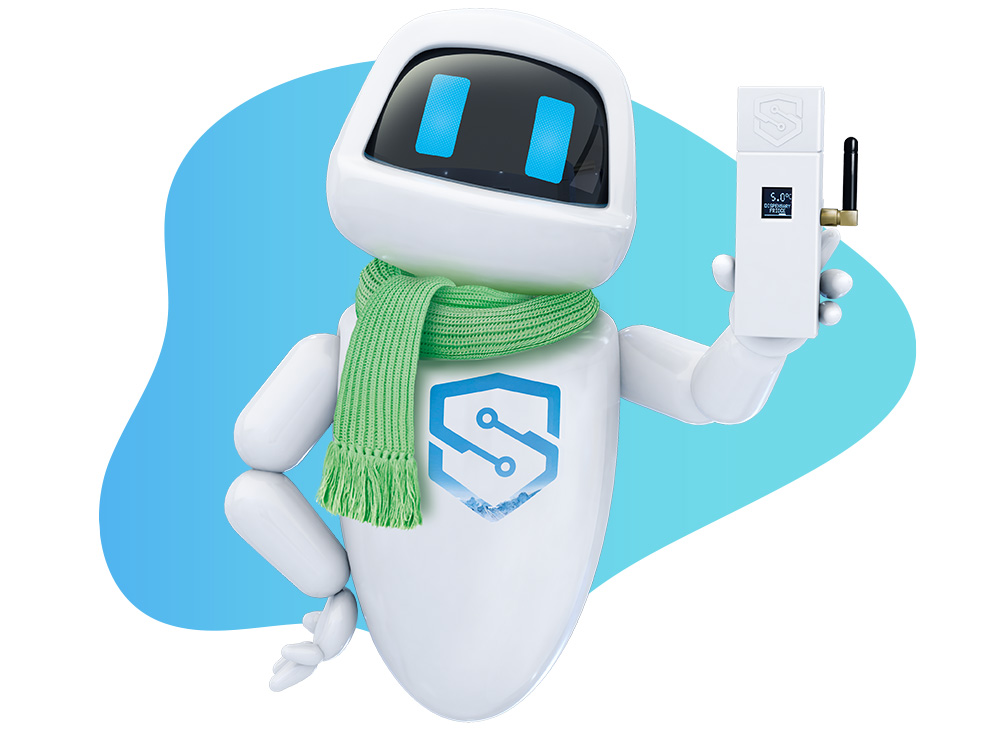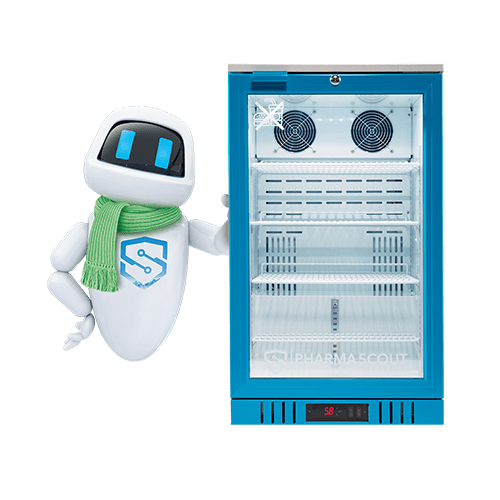Both pets and livestock need vaccines to stay healthy and prevent expensive, preventative, medical care. Here we explore animal vaccines, and why a PharmaScout fridge is an ideal solution for many hoping to maintain an effective end to the cold chain.
20 minutes: that’s all it takes for a vaccine to acclimatise to the ambient temperature and break the cold chain.
Animal medications need as much care and are under as much legislative pressure as human medications – whether it’s livestock vaccines at a farm, or your pet’s regular care at the vet’s office.

“Veterinarians are not in the business of fixing pets; they are in the business of saving lives, one wagging tail at a time.”
– Dr. Justine A. Lee
One important aspect of this is the storage and transportation of vaccines through the cold chain. However, research has shown that maintaining the cold chain can be challenging, especially when it comes to on-farm storage. According to studies conducted by Williams and Paixão, all 17 on-farm fridges sampled in their study failed to keep vaccines within the required temperature range for a sustained period.
Most animal vaccines are made up of live, attenuated, or inactivated pathogens that can easily lose their potency when exposed to heat or cold, and some vaccines may even require specific storage conditions such as frozen temperatures. This failure to maintain the cold chain compromises the efficacy of the vaccines and puts the health of animals at risk, as the vaccines and medications are then rendered ineffective.
WHY ANIMAL MEDICS LOVE PHARMASCOUT FRIDGES
As you can read in our case study on The Society for Animals in Distress, PharmaScout fridges were specifically designed to keep vaccines and medication safe and compliant, whether for humans or animals.
We interviewed Craig Murdoch, Veterinary Pharmacist at the Faculty of Veterinary Science at the University of Pretoria, and he said with the stringent care needed for vaccines, the ideal pharmacological fridge would be able to:
- Consistently maintain a temperature range between 2°C and 8°C
- Log temperatures daily to be able to prove compliance if audited
- Give access control over scheduled drugs with a lockable compartment
- Maintain a low noise volume with silent compressors
Considering the vast range of immunisations needed for both domestic animals, and those kept on a farm – whether feline, canine, bovine, avian or porcine – having a reliable partner to keep your medications compliant has proved essential to our clients for peace of mind.
PET IMMUNISATIONS
Vaccinating your pets is critical and plays a vital role in safeguarding their health and well-being. Just like humans, pets are susceptible to various infectious diseases that are entirely preventable, and by maintaining a proper vaccination schedule, you can significantly reduce the risk of your pets contracting and spreading contagious illnesses. Here are some of the more common vaccines, reliant on the cold chain:
- Canine Distemper Vaccine (CDV): Canine distemper is a highly contagious viral disease that affects dogs. The vaccine for CDV is typically stored and transported within a cold chain to maintain its potency.
- Canine Parvovirus Vaccine (CPV): Canine parvovirus is a highly contagious and potentially deadly disease in dogs.
- Canine Adenovirus Vaccine (CAV): Canine adenoviruses can cause respiratory and liver diseases in dogs. The vaccine against these viruses is usually part of the core vaccination protocol and requires cold chain management.
- Feline Panleukopenia Vaccine (FPV): Feline panleukopenia, also known as feline distemper, is a severe and highly contagious viral disease in cats.
- Feline Herpesvirus Vaccine (FHV): Feline herpesvirus is one of the causes of feline upper respiratory infections. The vaccine for FHV is commonly administered to cats and requires cold chain storage and transport.
- Feline Calicivirus Vaccine (FCV): Feline calicivirus is another cause of feline upper respiratory infections.
There are of course, many more, but these are some of the more critical vaccines that require a strict cold-chain.
LIVESTOCK VACCINES
Vaccines are commonly used in livestock production to prevent and control diseases, reduce economic losses, and improve animal welfare. Some common vaccines used in livestock production include:
- Clostridial vaccines: These vaccines protect against diseases caused by Clostridium bacteria, such as tetanus, blackleg, and enterotoxemia.
- Bovine viral diarrhea virus (BVDV) vaccines: These vaccines protect against BVDV, which can cause respiratory and digestive problems in cattle.
- Foot-and-mouth disease (FMD) vaccines: These vaccines protect against FMD, which is highly contagious and can cause fever, blistering, and lameness in livestock.
- Infectious bovine rhinotracheitis (IBR) vaccines: These vaccines protect against IBR, a highly contagious respiratory disease in cattle.
- Porcine reproductive and respiratory syndrome (PRRS) vaccines: These vaccines protect against PRRS, a viral disease that can cause respiratory and reproductive problems in pigs.
It’s important to note that vaccines are just one tool in preventing and controlling diseases in animals. Proper nutrition, management practices, and biosecurity measures are also crucial for maintaining animal health and preventing disease outbreaks.
Contact us to find the right refrigeration needs for your business.





